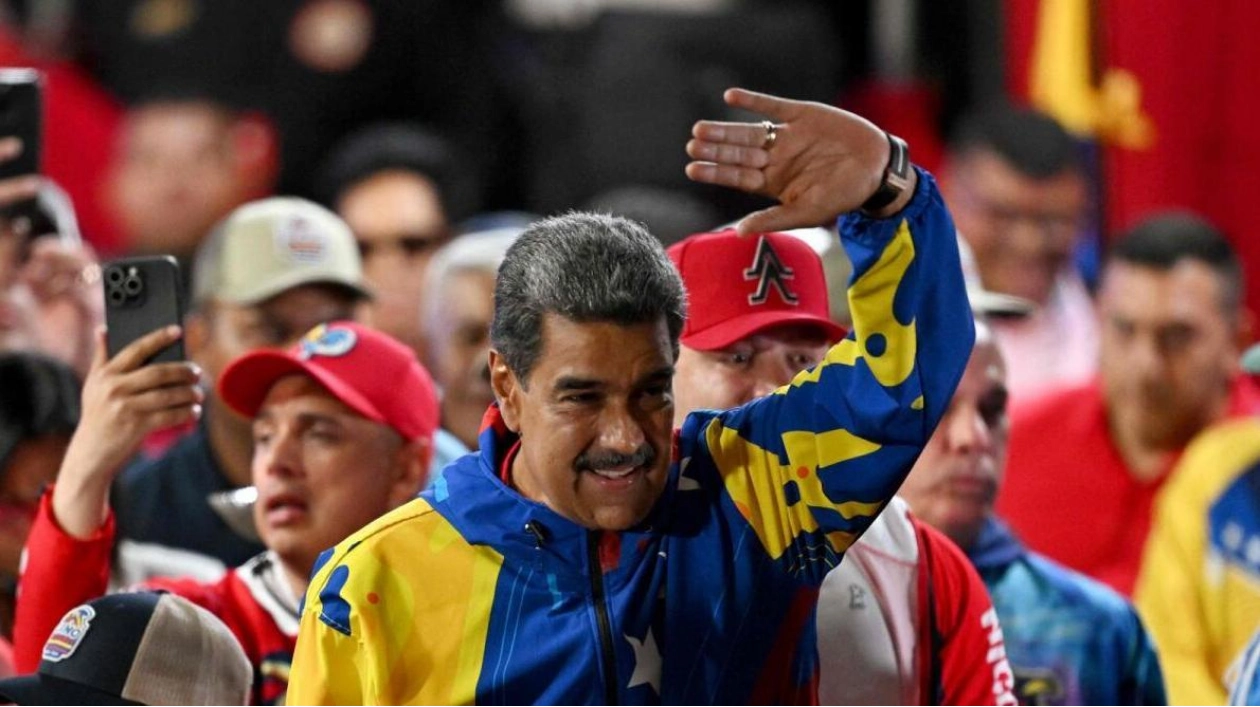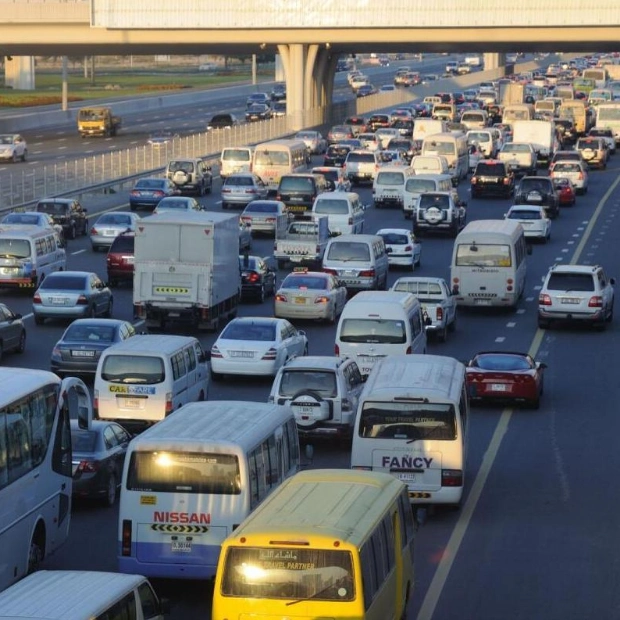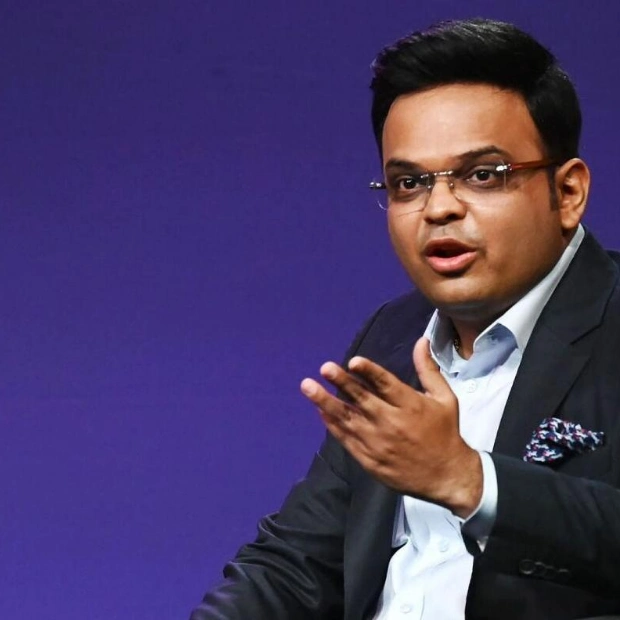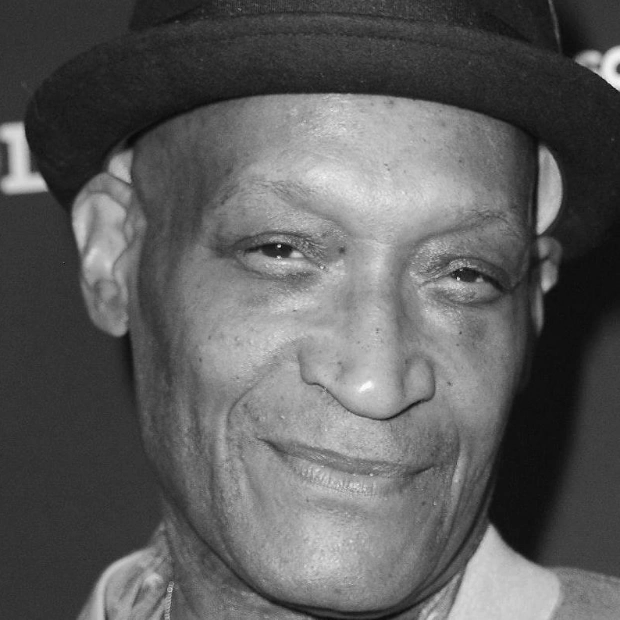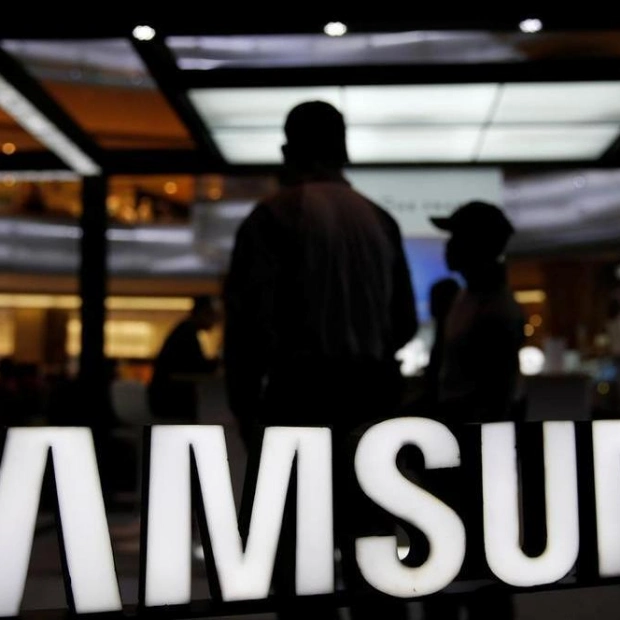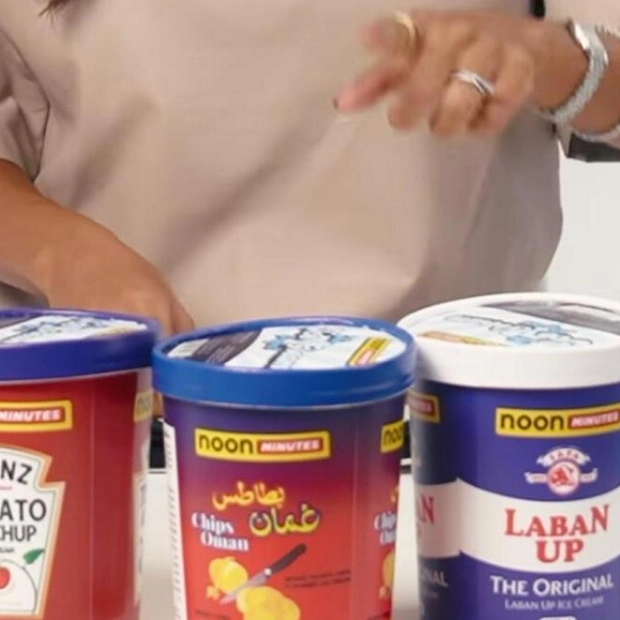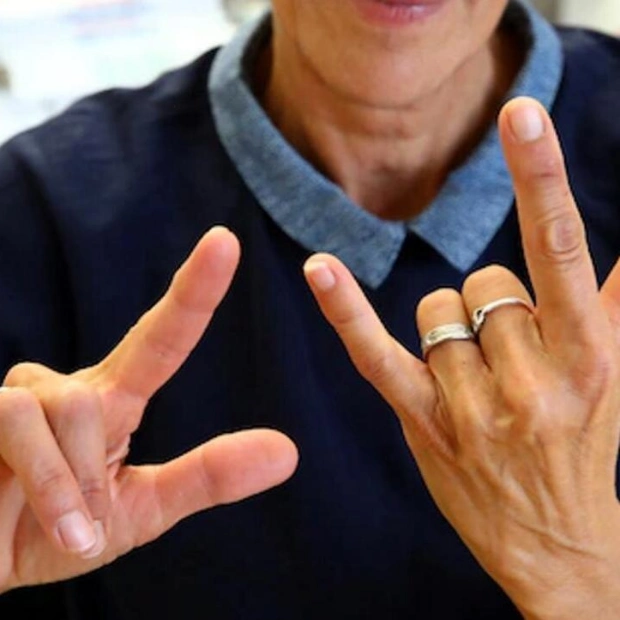President Nicolas Maduro and his opposition rival Edmundo Gonzalez both declared victory in Venezuela's presidential election on Monday, as Washington and other foreign governments questioned the official results that kept the incumbent in power. The national electoral authority announced shortly after midnight that Maduro had secured a third term with 51 percent of the vote, extending a quarter-century of socialist rule. However, independent exit polls indicated a significant victory for the opposition following strong support for Gonzalez and opposition leader Maria Corina Machado during the campaign. Machado claimed Gonzalez won 70 percent of the vote, despite being barred from holding public office in what she considers an unfair decision. Gonzalez addressed his supporters, stating that rules were violated on polling day and emphasizing his message of reconciliation and peaceful change. He also assured that he was not inciting supporters to engage in street protests or violence.
Despite these claims, isolated incidents occurred across the country prior to the results announcement, including a death in Tachira state and scuffles at polling sites in Caracas and elsewhere. US Secretary of State Antony Blinken expressed serious concerns that the announced results did not accurately reflect the voters' will, questioning the independence of the electoral authority which the opposition claims acts as an extension of Maduro's government. Maduro, a former bus driver and foreign minister, has overseen an economic collapse and significant population migration, along with deteriorating diplomatic relations and sanctions that have severely impacted the oil industry. International reactions varied, with some countries rejecting the official results and others congratulating Maduro on his victory.
Maduro defended the transparency of Venezuela's electoral system and announced plans for a 'great national dialogue'. Independent polling by Edison Research showed Gonzalez with 65 percent of the vote, sharply contrasting the official results. The opposition and observers had previously questioned the fairness of the election, citing decisions by electoral authorities and arrests of opposition staff as potential obstacles.
